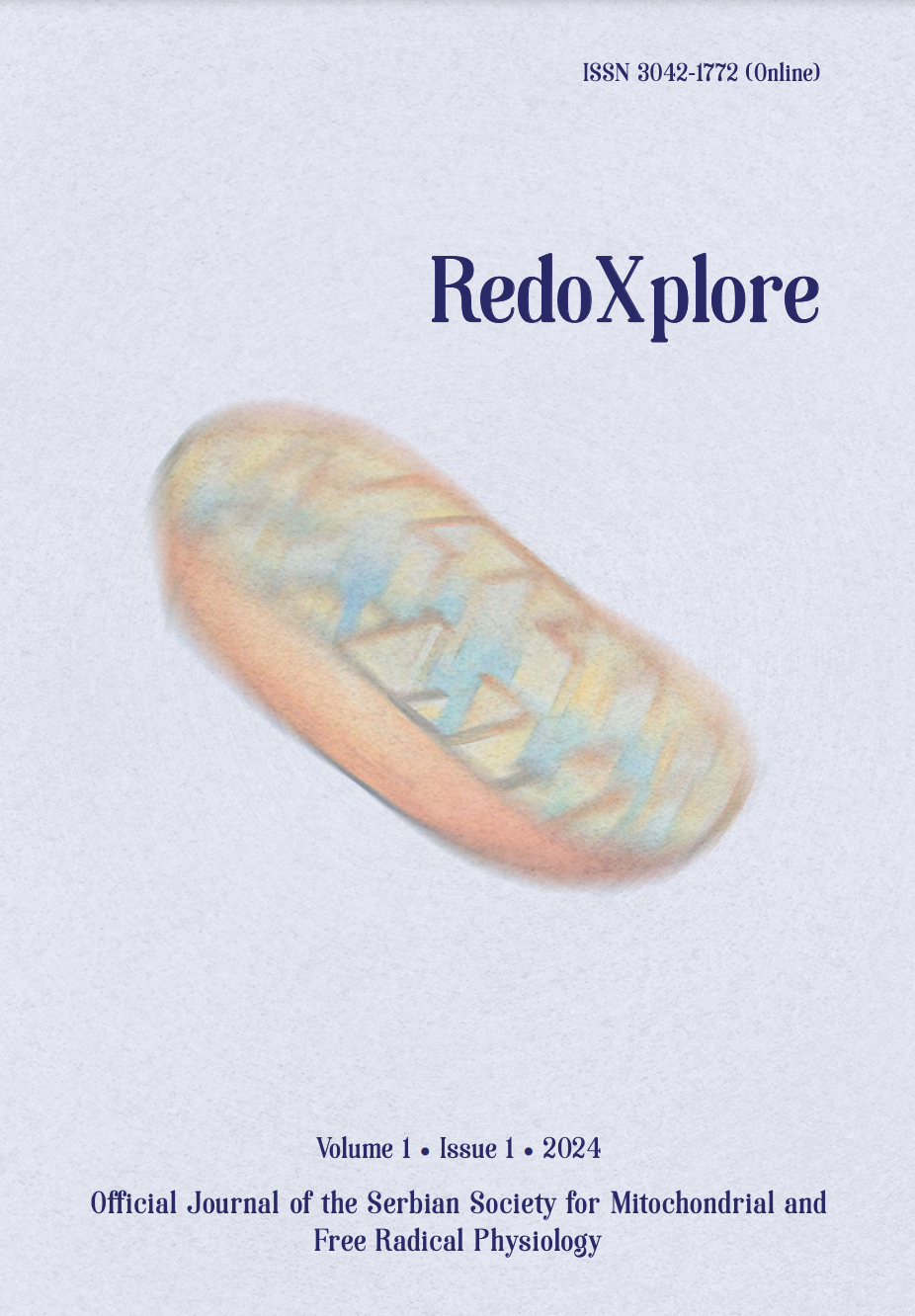Current issue

Volume 1, Issue 1, 2024
Online ISSN: 3042-1772
Volume 1 , Issue 1, (2024)
Published: 29.08.2024.
Open Access
All issues
Contents
29.08.2024.
Professional paper
MITOCHONDRIAL TARGETING AS A MEANS OF OVERCOMING CANCER DRUG RESISTANCE
Our recent observations show that both resistant and stem-like cancer cells predominantly responsible for metastasis differ from chemotherapy-sensitive cells. We have shown bioinformatically and experimentally that mitochondria of such cells are much more prone to oxidative phosphorylation (OXPHOS) than radio- or chemotherapy-sensitive cancer cells from which they evolved during therapeutic interventions. Specifically, in triple-negative breast cancer models, we observed that such resistant cells exhibit higher mitochondrial membrane potential, higher OXPHOS and respiration, and increased resistance to oxidative stress, allowing them to survive chemo-radiotherapy. These findings of increased expression of OXPHOS-associated genes and proteins in chemoresistant cells and biopsies of relapsed tumors suggest an alternative druggable target. Our in vitro and in vivo (nude mice and Artemia salina) data suggest that certain antibiotics, inducers of mitochondrial dysfunction, create additive oxidative stress and can reduce the growth rate of tumors developed from resistant or stem-like cancer cells. Such repurposed drugs, selected from a chemical library, are also able to resensitize resistant tumors, allowing reuse of chemotherapeutic agents. In addition, their modification with a specific moiety (TPP) allows for increased delivery to mitochondria to reduce cytotoxic pressure on normal cells. Thus, research from our laboratory offers an alternative strategy for anticancer therapy of resistant tumors.
Cemile Uslu, Eda Kapan, Hagar Fadda, Raheema Hassan Khan, Yara Shqair, Zeynep Ülker, Can Tunçay, Etna Abad, Alex Lyakhovich





